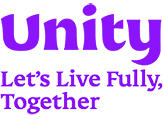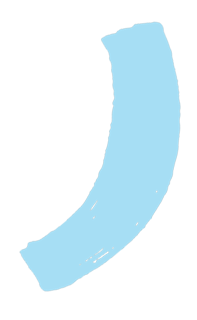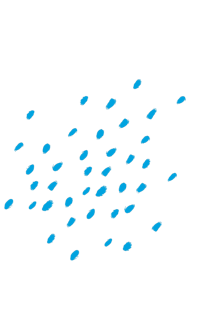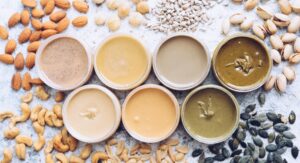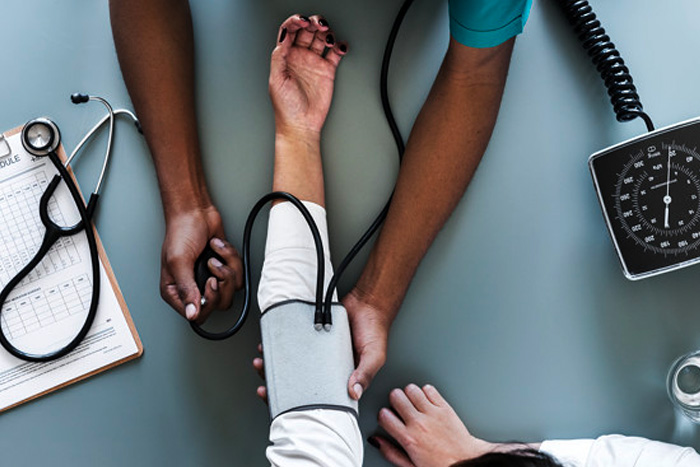What is hypertension?
Hypertension, which is commonly known as high blood pressure, is a medical condition whereby blood pressure is persistently above 140/90 mmHg.
High blood pressure arises from the constant increased pressure of the blood against the walls of the blood vessels making them work harder and less efficient over time. This increased force and friction will damage the delicate arteries in our circulatory system. Thereby, signifying the start of atherosclerosis which is commonly accompanied with hypertension.
Know your blood pressure (BP)
Blood pressure is represented by two numbers; the first being systolic (contraction) and second being diastolic (relaxation).
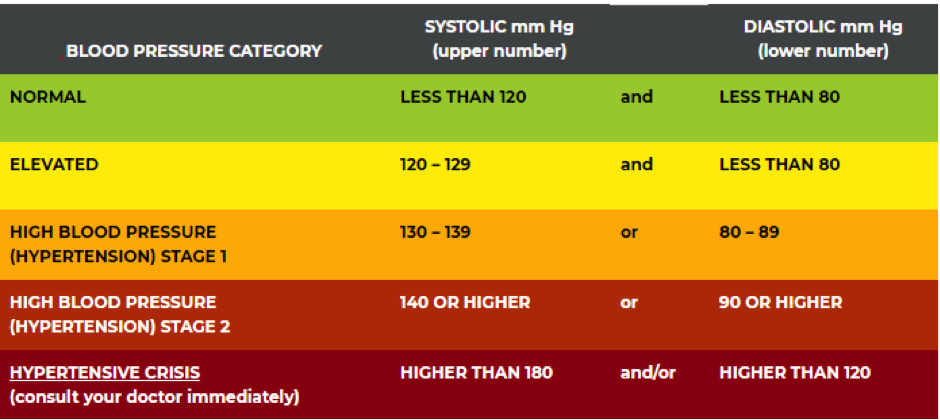
Understanding Blood Pressure Readings.” Www.heart.org, www.heart.org/en/health-topics/high-blood-pressure/understanding-blood-pressure-readings.
What are some of the risk factors?
Certain risk factors increase the chance of developing hypertension:
- Increasing age
- Family history
- Obesity
- Unhealthy diet
- Sedentary lifestyle
- Smoking
- High alcohol consumption
- High salt diet
- Stress
- Chronic conditions e.g. Diabetes and Kidney disease
What are the signs and symptoms of hypertension?
People with high blood pressure may experience:
- Severe headaches
- Fatigue or confusion
- Irregular heartbeat
- Pounding in your chest, neck or ears
However, most people do not experience these signs and symptoms or they may misinterpret these symptoms as other minor ailments. This is why hypertension is commonly called “the ‘Silent Killer’.
Long-term complications
When hypertension is not properly managed, the following complications may arise:
- Stroke
- Peripheral artery disease
- Vision loss
- Heart failure
- Sexual dysfunction
- Kidney failure or dysfunction
What can I do to manage the condition?
- Lead an active lifestyle by exercising for at least 150 minutes per week, 30 minutes per session for 5 days per week
- Keep your BMI below 23kg/m2 (Learn to calculate your BMI here)
- Limit intake of salt to 2g/day
- Increase fibre intake in diet
- Include unsaturated fat in your diet, e.g. avocado, peanuts and fatty fish
- Smoking Cessation
- Limit alcohol consumption to no more than 2 standard drinks per day
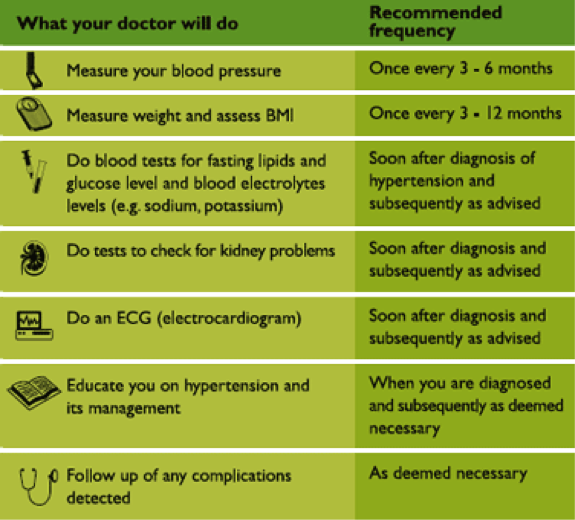
Available at: https://www.healthhub.sg/a-z/diseases-and-conditions/53/highbloodpressure [Accessed 28 Oct. 2019].
Self-monitoring of blood pressure
Checking your blood pressure at home is an important measure in the management of hypertension
- It tracks your treatment in terms of medication efficacy and blood pressure control with lifestyle modifications
- It can give you a stronger sense of responsibility and ownership for your health
- Monitoring blood pressure at home away from the doctor can help determine if you truly high blood pressure as blood pressure readings in a clinic could be misleading as some do experience anxiety at the doctor’s clinic.
There are various types of blood pressure monitors in the market, the most popular one being the automatic, cuff-style blood pressure monitor.
When you are performing self-monitoring of blood pressure, there are a few do’s and don’ts.
Do’s:
- Blood pressure reading to be done first thing in the morning, before taking blood pressure medication
- Empty your bladder before taking measurements
- Sit with your back straight and supported, with feet flat on the floor
- Arm used for measurement, usually left, should be supported on a flat surface, the cuff over the upper arm with the monitor connector running down in line to your middle finger
- Make a record of all readings and show them to your doctor or pharmacist for a better understanding
Don’ts:
- Smoke, eat or drink caffeinated drinks or exercise 30 minutes before measuring your blood pressure
- Cross your legs while measuring your blood pressure
- Move or talk while measuring your blood pressure
Want to find out more?
Reference
- American Heart Association. (2019, November 17). Retrieved from American Heart Association web site: https://www.heart.org/en/health-topics/high-blood-pressure/understanding-blood-pressure-readings
- Board, H. P. (2019, February 1). Retrieved from Health hub Website: https://www.healthhub.sg/a-z/diseases-and-conditions/53/highbloodpressure
- SteinbaumMD, S. R. (2019, August 25). Causes of High Blood Pressure. Retrieved from webmd: https://www.webmd.com/hypertension-high-blood-pressure/guide/blood-pressure-causes#1
